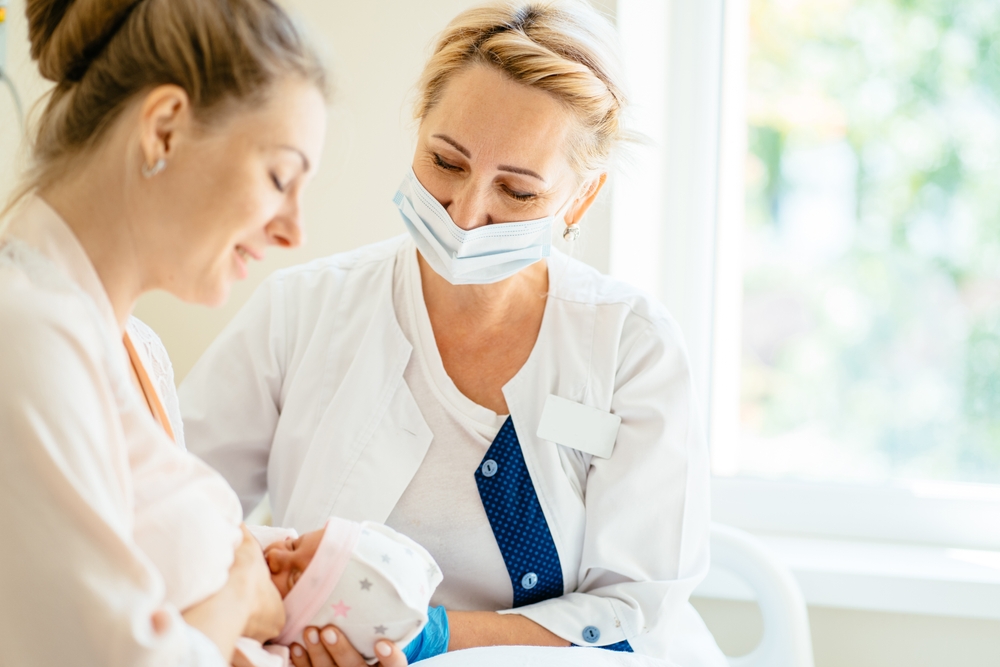By: Dr. Joey Mechak
As we anticipated, the COVID-19 situation continues to evolve rapidly. Over the weekend, more information has emerged from Europe about their experiences with COVID-19. This information has emphasized and reaffirmed the importance of social distancing. These data have led United States health officials to tighten the recommendations on social distancing and limiting unnecessary public events and gatherings.
Dr. Anthony Fauci, the director of the National Institute for Allergy and Infectious Diseases, believes that these next few weeks are pivotal in terms of how much we can “flatten the curve.” Facui says, “Everybody has got to get involved in distancing themselves socially,” and, “we feel that with rather stringent mitigation and containment … we would be able to prevent ourselves from getting to where, unfortunately, Italy is now.”
With this new information and updated guidelines from the CDC, our recommendations have evolved since our last few Facebook live sessions. We believe strongly in following the CDC, WHO, and Maryland Department of Health recommendations as closely as possible. However, they fail to elaborate or advise on areas where we get the most questions – daycare, playdates, playground use, etc. So, we have developed the following guidance based on the framework of these guidelines, expert opinion, and based on what we feel is safest for our patients and most responsible from a public health perspective.
We now recommend the following:
- Follow all CDC, federal, and local guidelines
- If you are sick, STAY HOME
- Avoid all public gatherings of more than 10 people
- Limit non-essential public activities as much as possible
- If able, keep children home from daycare
- Avoid indoor play places, museums, gyms, pools, etc.
- Avoid non-essential domestic air travel
- Avoid playgroups and playdates
These efforts, again, are to mitigate a potential public health crisis. The Washington Post nicely illustrated the importance of strict social distancing in their article published on March 14, 2020. Their article shows the difference in impact between moderate and extensive social distancing for which we all need to play our part.
In respect to upcoming visits at Potomac Pediatrics, we recommend the following:
- Keep your well child exams – We continue to believe that well visits and vaccines are very important for your child’s overall health. We are working on schedule alterations and other strategies to keep your child and family as safe as possible during these visits. We ask for your flexibility as these schedule adjustments are made.
- Utilize telemedicine – Telemedicine can be a great tool for many visit types. If interested please contact our office for more information
- Follow CDC guidelines regarding seeking care if you or your child have been exposed or potentially exposed
- Please review the Potomac Pediatrics guidelines when deciding when/where to seek care:
- Stay home – If your child has mild respiratory symptoms and/or fever, stay home.
- We do not have Coronavirus testing capabilities in the office
- There is no treatment for the Coronavirus
- This does not mean that you should go-it-alone. We have many other ways for you to get help and advice without the risk of spreading germs: call us, chat us, or arrange for a telemedicine visit if you have specific questions or concerns.
- Make an appointment (never walk-in)- Please call for an appointment if you child has fever, respiratory symptoms, and:
- is younger than 2 and has had fever for 2 or more days
- is older than 2 and has had fever for 3 or more days
- has respiratory distress or trouble breathing
- Is not drinking enough to urinate 3-4 times per day
- has an underlying chronic medical condition
- Present to the Emergency Department – Reasons to go to the emergency room are the same as with other illness:
- Severe or persistent respiratory distress
- dehydration
- Lethargy
- If your child is less than 2 months and has a fever
- Stay home – If your child has mild respiratory symptoms and/or fever, stay home.
As the Coronavirus situation evolves, our policies and recommendations will as well. Please check the website and Facebook page regularly for this updated guidance. As always, please contact us with any questions or concerns.






